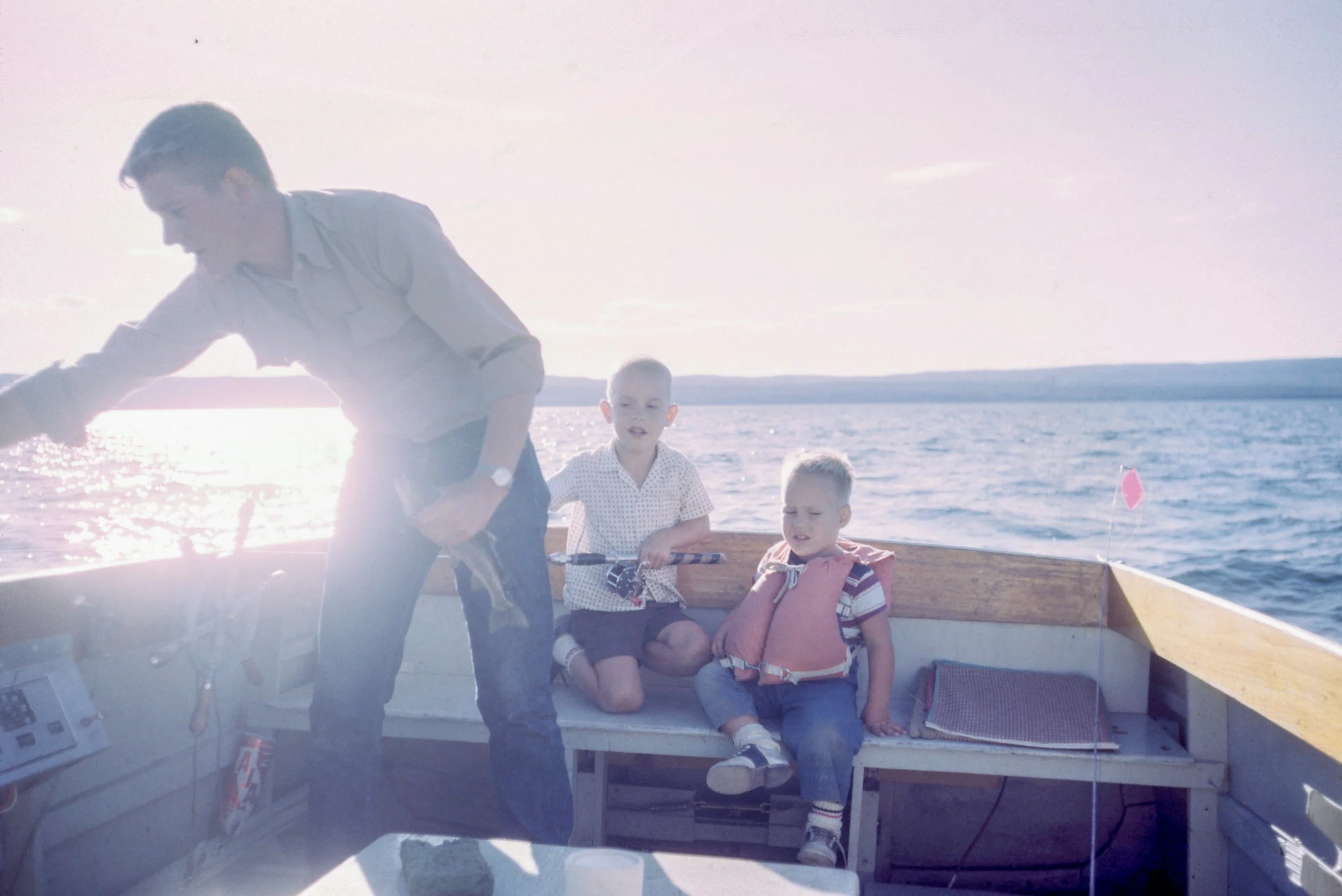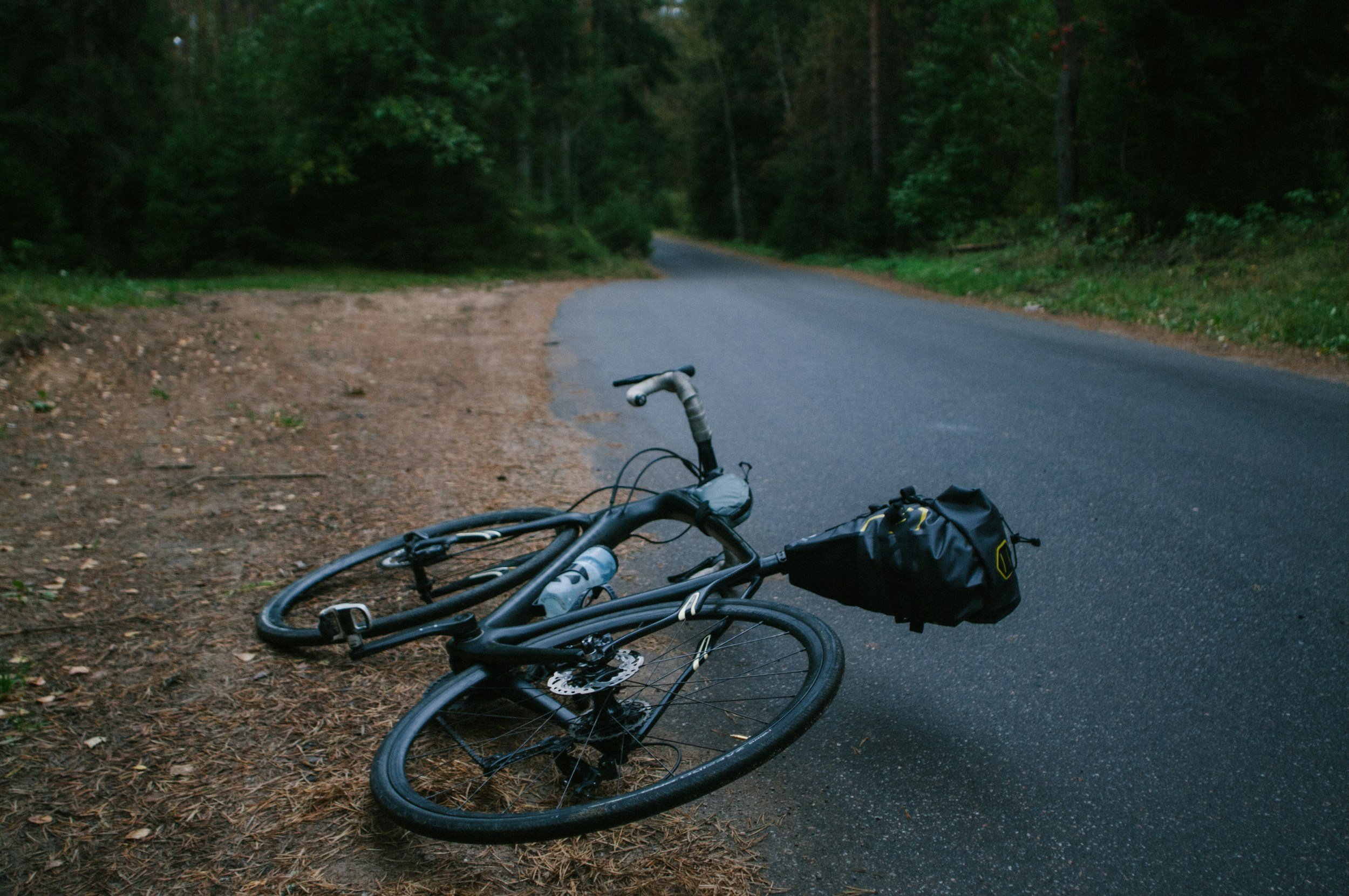Essential Boating Safety Tips for Families
Boating is a fun and memorable activity that many families enjoy together, but ensuring your family’s safety should be a top priority, especially when unexpected accidents occur. Whether you're taking a relaxing cruise on a lake, heading out for a fishing trip, or embarking on a weekend getaway on the water, following safety precautions is crucial. If an unfortunate incident occurs, such as a serious accident, it’s important to know your legal options, and consulting a Las Vegas boating accident attorney can help you navigate the aftermath. Below are essential boating safety tips every family should know before setting sail.
1. Always Wear Life Jackets
Life jackets are non-negotiable when it comes to boating safety, especially for children. According to the U.S. Coast Guard, most boating fatalities involve drowning, and 86% of those victims weren’t wearing life jackets. Each family member should wear a properly fitted life jacket that meets U.S. Coast Guard standards.
For children, make sure the life jacket fits snugly and that it’s designed specifically for their weight and size. Even strong swimmers should wear life jackets, as accidents can happen unexpectedly, and the water can be rougher than anticipated.
2. Complete a Pre-Trip Safety Check
Before leaving the dock, always perform a thorough safety check to ensure your boat is ready for a safe trip. Check that all equipment, including fire extinguishers, life jackets, first aid kits, and emergency signaling devices (flares, whistles, etc.), are on board and in working order. You should also check the boat’s engine, fuel levels, lights, and navigation systems to avoid any mid-trip surprises.
If your family is not familiar with the safety equipment, take a moment to explain its use to everyone. This way, in the case of an emergency, your family members will know where to find the gear and how to use it.
3. Designate a ‘Safety Spotter’
When traveling with kids, having extra sets of eyes on them is crucial. Designate an adult or responsible teen as a “safety spotter,” especially when children are playing or swimming near the boat. The spotter’s sole responsibility is to keep an eye on the kids and ensure they remain safe at all times, both on the boat and in the water.
Boating can become distracting with various tasks, so having someone focus solely on safety will allow the captain to navigate the boat without worry.
4. Follow Safe Boating Practices
To ensure a smooth and safe trip, adhere to basic boating rules and regulations. Some important practices include:
Follow speed limits: Avoid speeding, particularly in congested areas or when near swimmers.
Stay alert: Be aware of other boaters, swimmers, and obstacles in the water. Avoid distractions like mobile phones.
Keep a safe distance: Maintain a safe distance from other boats, docks, and any water hazards.
Avoid boating under the influence: Alcohol can impair your judgment and reflexes, increasing the risk of accidents.
Teaching your family about the basic rules of the water can also help them feel more involved and aware during the trip.
5. Create a Family Boating Plan
Every time you go boating, create a simple safety plan for the day. Share the plan with everyone on board so they know what to expect. This can include:
The planned route
Weather conditions and changes to expect
Safety procedures in case of an emergency (man overboard, fire, etc.)
Locations of safety gear on the boat
Involving the family in the safety plan can help reinforce its importance and ensure that everyone is prepared to act quickly if something goes wrong.
6. Check the Weather Forecast
One of the biggest hazards for boaters is bad weather. Before heading out, always check the weather forecast to make sure conditions are safe for boating. Look for high winds, storms, or rough waters, which could make boating dangerous. If the weather changes unexpectedly while you’re on the water, it’s best to head back to shore.
Even on a sunny day, the weather can change quickly, so keep an eye on the skies and have a plan in case you need to find shelter.
7. Establish Clear Rules for Kids
Boating with kids requires setting clear rules to keep everyone safe. Before your trip, explain the importance of:
Staying seated when the boat is moving
Never lean over the side of the boat
Wearing life jackets at all times
Keeping hands and feet inside the boat
By establishing and reinforcing these rules, you can help prevent accidents caused by children moving around on the boat.
8. Learn Basic Boating First Aid and CPR
Accidents happen, even with the best preparation. Knowing how to handle injuries while boating is crucial. Take a first aid and CPR course designed for boaters. These classes can teach you how to respond to common water-related emergencies, such as drowning, hypothermia, or burns.
Having a well-stocked first aid kit is also essential. Make sure it includes supplies for cuts, sprains, sunburn, and motion sickness, along with any necessary medications for your family.
9. Don’t Overload the Boat
Overloading a boat with too many people or too much gear can lead to capsizing or sinking. Follow the boat’s weight and passenger capacity guidelines, which are typically listed on a plaque inside the boat. Ensure everyone has adequate seating, and distribute weight evenly to maintain balance.
10. Create a Float Plan
A float plan is a document that includes your planned boating route, estimated return time, and contact information. Leave a copy with a trusted friend or family member who is staying on land. If something goes wrong and you don’t return on time, this plan can help authorities locate your boat and get help to you faster.
Boating is a fantastic way to spend quality time as a family, but safety should always come first. By wearing life jackets, setting clear rules, checking the weather, and following basic boating practices, you can ensure that your family has a safe and enjoyable adventure on the water. Make these safety tips a priority on every boating trip, and you’ll create lasting memories without worry.









